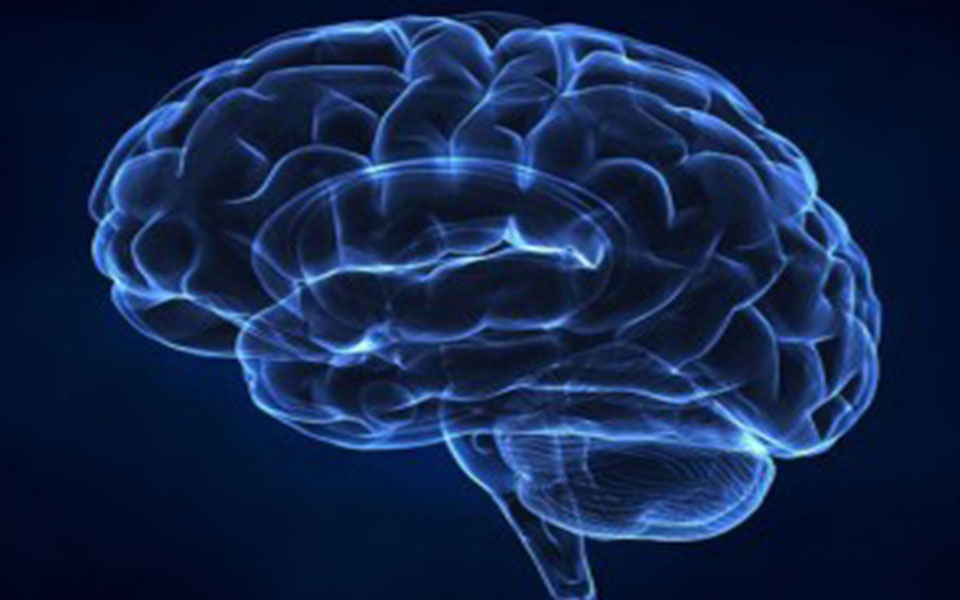New York, June 22: Scientists, including one of Indian-origin, have found that a brain region -- associated with cognitive behaviours, decision making, and moderating social behaviour -- determines our overall level of consciousness.
The study, conducted on rats, provided evidence that the prefrontal cortex has a switchboard-like relationship with other areas of the brain, helping to ignite awareness of visual information.
"The study suggests that the prefrontal cortex has the potential to play a role in coordinating the level of consciousness," said George Mashour from the University of Michigan.
The results could also be explored for applications in people with disorders of consciousness, such as coma or vegetative states.
"It's very difficult and dangerous to directly intervene at the level of arousal centres in the brainstem because of its location, small size, and nearby vital functions.
"Maybe the prefrontal cortex is an accessible gateway to some of those other arousal systems that could be leveraged in a clinical setting outside of anesthesia," he said.
In the study, published in the journal Current Biology, the team gave anesthetised rats with a common anesthetic used in humans and exposed their prefrontal and parietal lobe -- a brain region associated with processing sensory information and interpreting visual information -- to drugs that ramped up the effect of neurotransmitters and measured their brain activity and behaviour.
To see what had the causal power to take an unconscious brain receiving ongoing anesthesia and wake it up, the team targeted two neurotransmitters that are associated with wakefulness: acetylcholine and norepinephrine, said Dinesh Pal, from the varsity.
The findings showed that when exposed to an acetylcholine-receptor activator, the rats' brain waves -- normally slow during sleep and anesthesia -- sped up.
But rats were able to start behaving as though they were awake only with prefrontal cortex stimulation, all while continuing to receive the same level of anesthesia that is used clinically for surgery in humans.
Let the Truth be known. If you read VB and like VB, please be a VB Supporter and Help us deliver the Truth to one and all.
Kalaburagi: Four men have been arrested in Kalaburagi on charge of hacking a man with lethal weapons and pelting stones at him under the limits of Station Bazaar Police Station recently.
According to police sources, Anand Jalak Shinde (34), Ashitosh Jalak Shinde (30), Imran Mehboob Sheikh (28) and Sohaib Anwar Qureshi have been arrested. The men are accused of the brutal murder of Syed Mehboob, a resident of Station Bazaar Upper Line Hamalawadi in the city.
An FIR was filed by the Station Bazaar Police Station based on a complaint given by Syed Ismail, father of the deceased Syed Mehboob.
Following quick probe, the police team successfully arrested the suspects within 24 hours. The arrested men were produced in court and have been sent to judicial custody.
The City Police Commissionerate has appreciated in an official release the police team’s quick solving of the murder case and arrest of the four men accused of murdering Syed Mehboob.





